How a Local Electrician Can Simplify Your Home EV Charging Setup
With the increasing environmental concerns and the global shift towards sustainability, electric vehicles (EVs) have surged in popularity. As more people choose to invest in EVs, the demand for efficient and reliable home charging solutions has grown tremendously. Installing an EV charger at home can be a complex task, but a skilled local electrician can significantly streamline the process, ensuring safety, reliability, and convenience. Partnering with a professional from the beginning can save time, money, and prevent potential hazards.
Assessing Your Home's Electrical Capacity
Evaluating Your Current Electrical System
Your home's electrical system is the backbone that supports all your daily energy needs. Assessing it is crucial before any EV charger installation can take place. An electrician will typically start with a thorough inspection of your home's current electrical setup. This involves understanding the age, condition, and layout of your existing system.
Ensuring Adequate Electrical Panel Capacity
Your electrical panel is pivotal in managing the flow of electricity throughout your home. It’s essential to ensure your panel has the capacity to handle the additional load of an EV charger. Often, installing a Level 2 charger requires an upgrade to your electrical system. A professional local electrician can help determine if an upgrade is necessary and what that would entail. Ensuring adequate panel capacity not only enables efficient charging but also safeguards against potential overloads.
Calculating Load Capacity for EV Charging
Evaluating your home's load capacity involves understanding how much power your current electrical system can support. This evaluation is vital to prevent overloading the system, which could lead to outages or damage. Electricians will calculate the load demand by considering both your existing appliances and the additional requirement of an EV charger. According to the U.S. Department of Energy, the number of EV charging stations increased 6.3% during the second quarter of 2024, highlighting the growing need for proper load assessment. Accurate calculations ensure the overall capacity is not exceeded, providing a seamless, reliable charging experience.
Consulting with a Local Electrician
The assessment phase is where the expertise of a local electrician becomes invaluable. They possess the experience needed to conduct a detailed evaluation of your home's electrical capability. Through consultation, homeowners can understand what changes—or upgrades are needed. This dialogue is crucial in ensuring all aspects, from safety to efficiency, are covered. A collaborative approach with a professional electrician lays the groundwork for a successful and secure EV charging setup.
Selecting the Right EV Charging Station
Understanding Charger Levels: 1, 2, and 3
EV chargers are categorized into three main levels, each with distinct functionalities and benefits. Level 1 chargers are suitable for overnight charging, using a standard 120-volt outlet. Level 2 chargers are more powerful, requiring a 240-volt outlet, and are ideal for faster charging needs. Level 3 chargers, known as DC fast chargers, are mostly used commercially due to their high voltage requirement. Selecting the right charger depends on your specific needs and infrastructure, an area where an electrician's advice is highly beneficial.
Comparing Charger Features
Not all charging stations are created equal. They come with various features, including connectivity options, charging speed, and built-in safety measures. Comparing these features demands technical knowledge, which a local electrician can easily provide. Their input helps in understanding both initial investment and long-term benefits. Informed decisions lead to optimal performance and maximized energy efficiency.
Guidance from an Electrician on Equipment Selection
Selecting the appropriate equipment for your EV charging setup can be daunting. Electricians are seasoned in recommending solutions tailored to both budget and needs. Their guidance ensures that homeowners avoid unnecessary expenses on incompatible or overly sophisticated equipment. Professional insights pave the way for a hassle-free installation that meets long-term usage demands.
Streamlining the Installation Process
Managing Permitting and Regulations
The installation process begins with understanding and navigating permitting and local regulations. Compliance with these regulations is critical to prevent legal issues and ensure safety. An experienced electrician is well-versed in securing necessary permits and adhering to codes. Their involvement alleviates the homeowner's burden of negotiating bureaucracy, ensuring that the installation proceeds smoothly and meets all necessary standards.
Scheduling and Timing the Installation
Careful planning of the installation timing can mitigate potential issues and streamline the process. Scheduling involves coordinating various components, from equipment delivery to utility modifications. An electrician orchestrates this intricate timeline, ensuring all phases are completed promptly.
Maintaining Electrical Safety Standards
Safety is paramount when dealing with electrical installations, particularly with high-voltage EV chargers. Compliance with electrical safety standards protects against potential hazards and prolongs the lifespan of your equipment. Electricians bring specialized knowledge in ensuring that all components meet these rigorous standards, preventing accidents and equipment failures.
Collaborating with Your Electrician Throughout
Working with a local electrician throughout the installation process guarantees comprehensive coverage from start to finish. Their expertise supports homeowners at each phase—from assessment to final implementation. Open communication ensures that any concerns are promptly addressed, securing a positive outcome. This partnership enables smooth transitions from planning to daily charging operations.
Planning Costs and Budgeting
Estimating EV Charger Installation Costs
The cost of installing an EV charger can vary widely based on the charger type and existing home electrical capacity. On average, installation can range from several hundred to a few thousand dollars depending on complexity. Understanding these costs requires transparency and detailed breakdowns, areas where an electrician's insight is beneficial.
Budgeting for Panel Upgrades
Potential electrical panel upgrades can add significant costs to your project budget. An in-depth assessment by a local electrician can determine the extent of necessary upgrades, such as increasing panel capacity. Understanding these costs upfront prevents surprise expenses and allows for strategic financial planning.
Comparing Charger Models
The price point of chargers varies based on features, capacity, and brand reputation. Electricians help dissect these costs, factoring in installation complexities and equipment longevity. Their perspective provides a comprehensive view of investment returns, guiding homeowners to make the best financial decisions.
Maintaining and Supporting Your EV Charging System
Performing Routine Maintenance
Regular maintenance ensures your EV charger functions optimally. Electricians offer guidance on routine tasks that homeowners can perform to maintain efficiency. Additionally, periodic professional maintenance ensures deeper issues are identified and resolved early.
Troubleshooting Common Problems
Even with diligent care, issues may arise. Electricians equip homeowners with knowledge to resolve minor problems independently and provide professional support for larger concerns, ensuring continued reliability.
Knowing When to Call a Local Electrician
Signs such as persistent error messages, physical damage, or inconsistent charging speeds indicate the need for professional intervention. Prompt consultation ensures faults are remedied, restoring optimal operation and maintaining system dependability.
Investing in Service Contracts and Warranties
Service contracts and extended warranties offer peace of mind for ongoing maintenance and repairs. Electricians provide guidance on selecting contracts that align with your system and usage.
Educating Homeowners for Long-Term Efficiency
Electricians play an essential role in teaching safe usage and maintenance practices. Informed homeowners optimize charging routines, recognize potential issues early, and extend the lifespan of their equipment.
Preparing Your Home for the Future
Implementing Smart Charging Solutions
Smart charging allows remote operation and scheduling, optimizing energy use. An electrician can recommend systems compatible with your home and future-proof your setup.
Preparing for Vehicle-to-Home Technology
Vehicle-to-Home technology turns your EV into a power source for your home. Electricians guide infrastructure readiness to ensure compatibility with future advancements.
Integrating Solar Power and Battery Storage
Solar panels paired with EV chargers contribute to sustainable energy use. Electricians coordinate energy flows, ensuring efficiency and maximizing return on investment.
Expanding Capacity for Future EV Models
Planning for new EV models with different charging requirements ensures your system remains capable. Electricians provide foresight to accommodate future vehicles safely and efficiently.
Staying Updated on Technological Innovations
Consultations with electricians keep homeowners informed of emerging trends and innovations. Staying current ensures your EV charging system remains cutting-edge and efficient.
Transitioning to electric vehicles requires adopting efficient home charging solutions. Engaging a local electrician ensures safety, reliability, and technological readiness. Their expertise simplifies the complex setup process and future-proofs your home for upcoming energy demands. With the EV market continuously growing, the role of a skilled electrician is indispensable for an effective and future-ready charging system. Contact Banner Power Solutions today to make your home EV-ready with confidence.

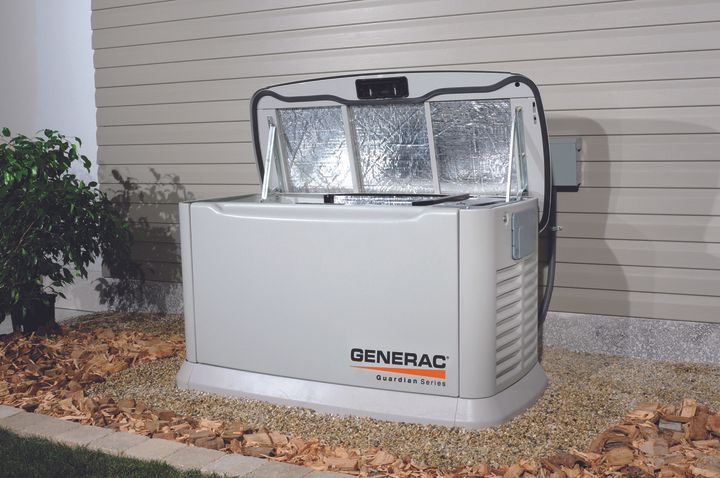
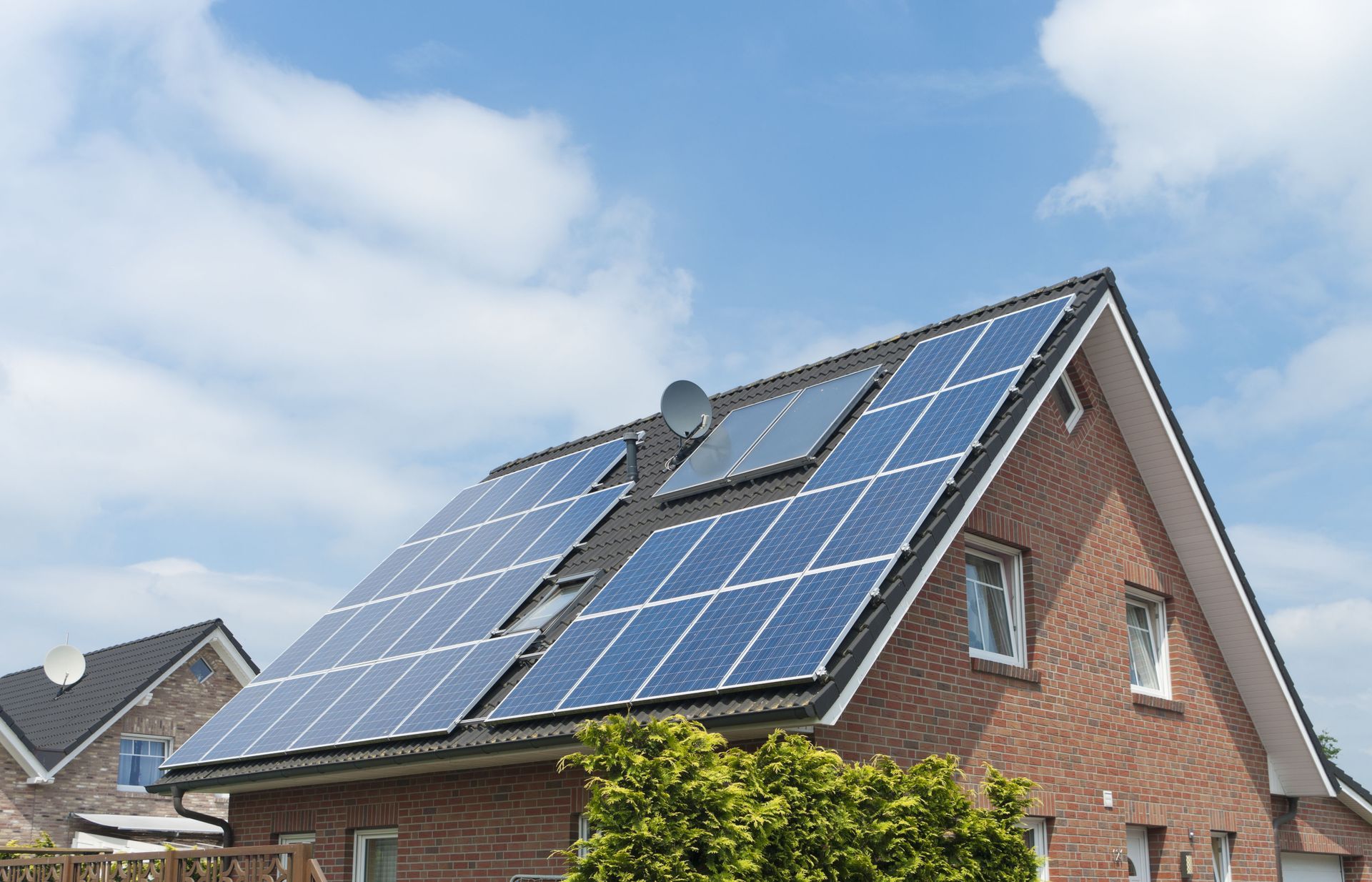
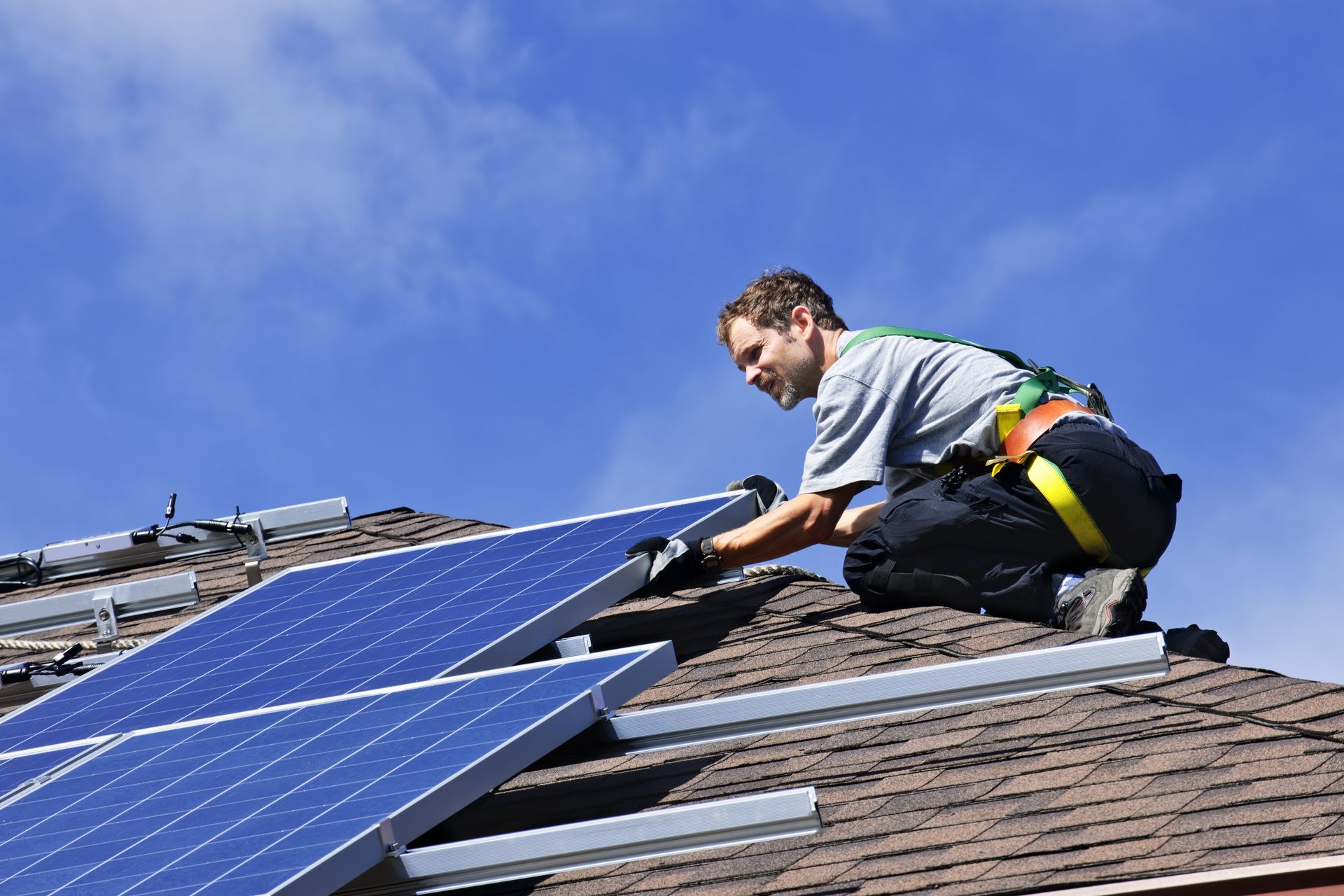
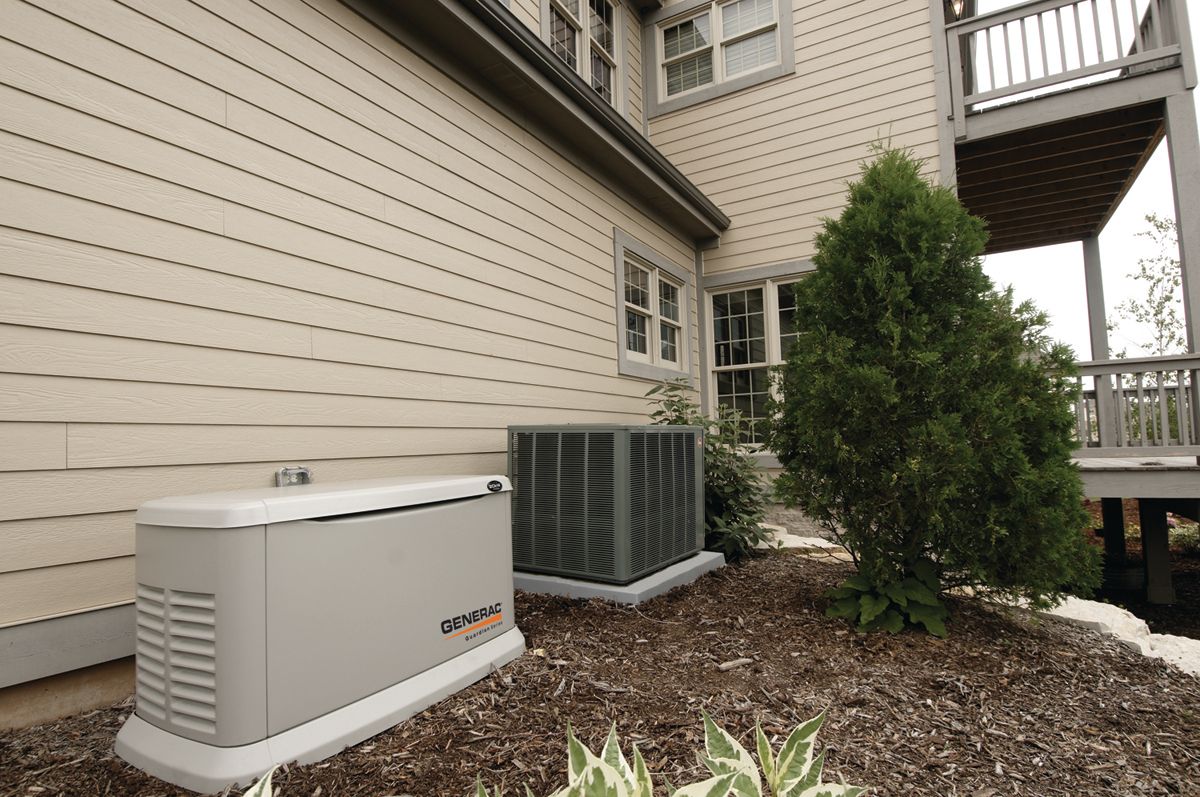
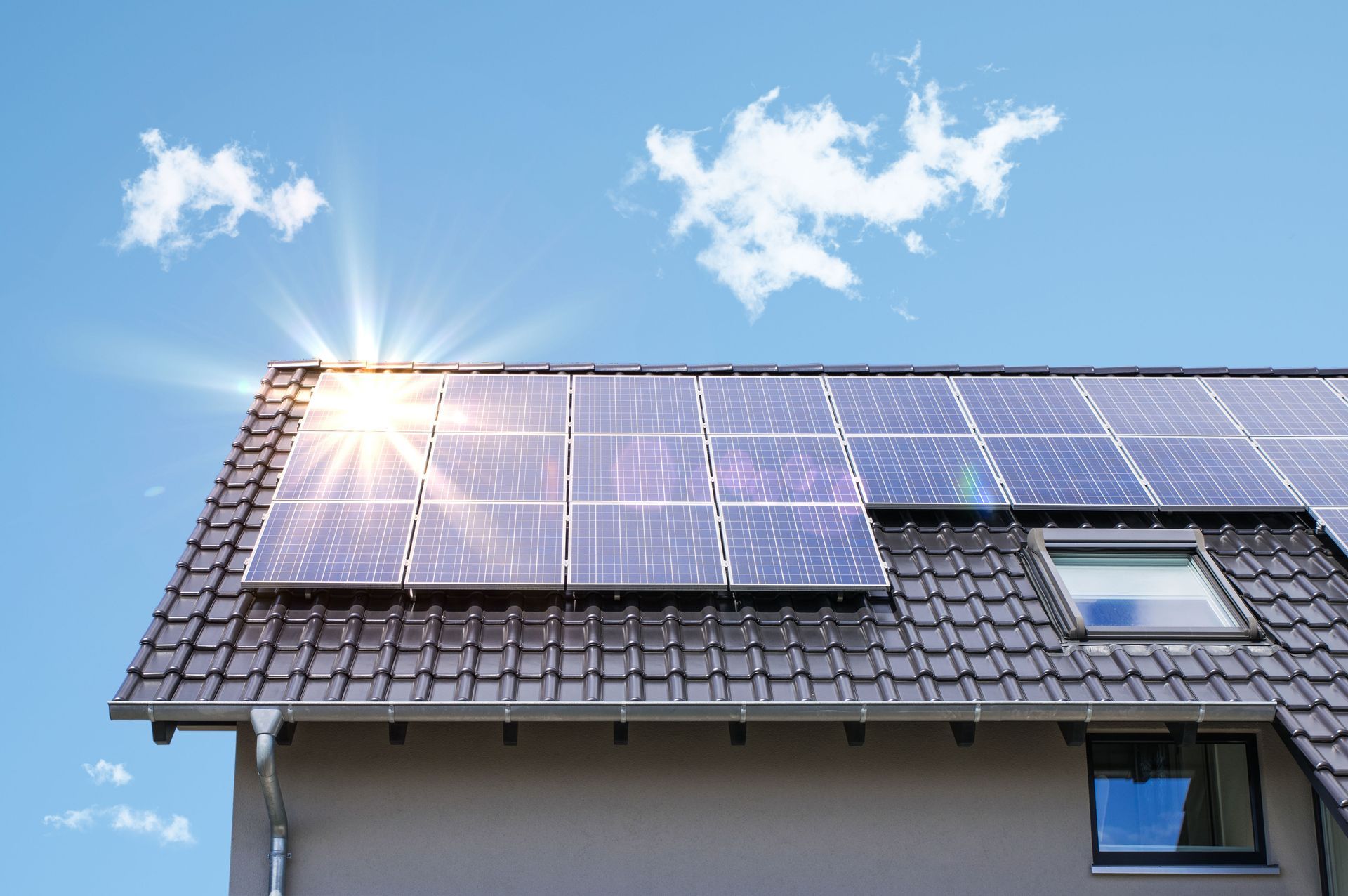
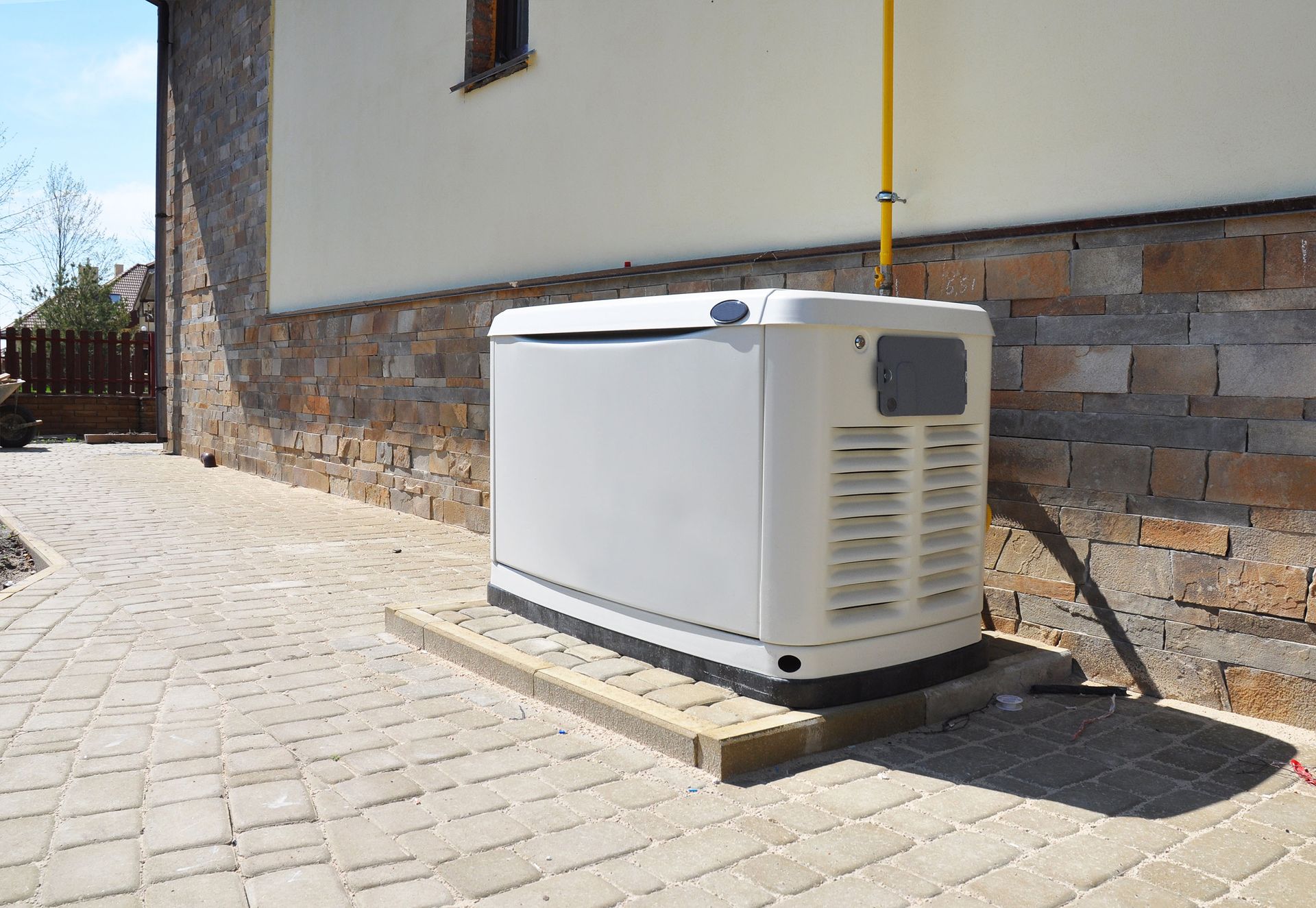

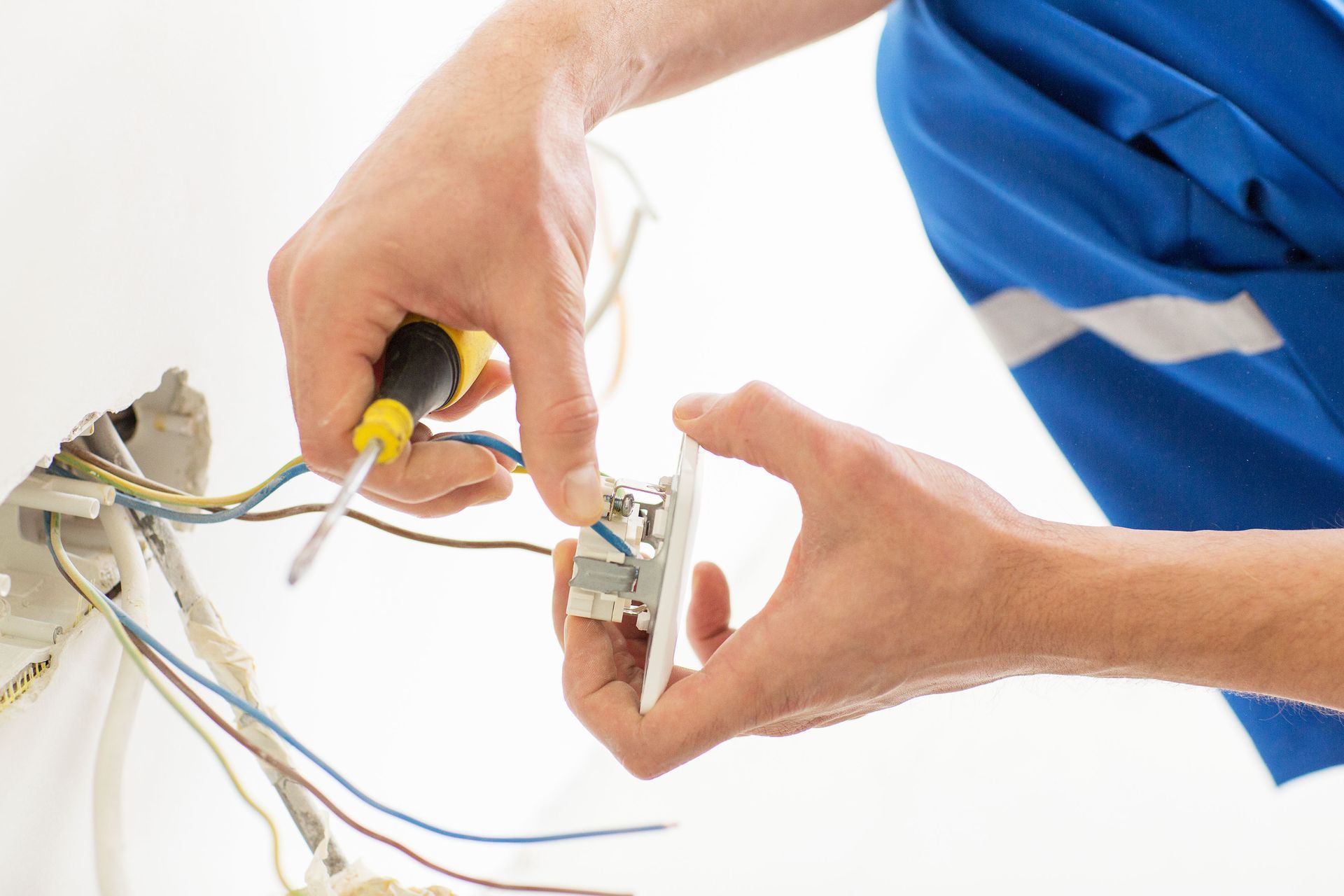
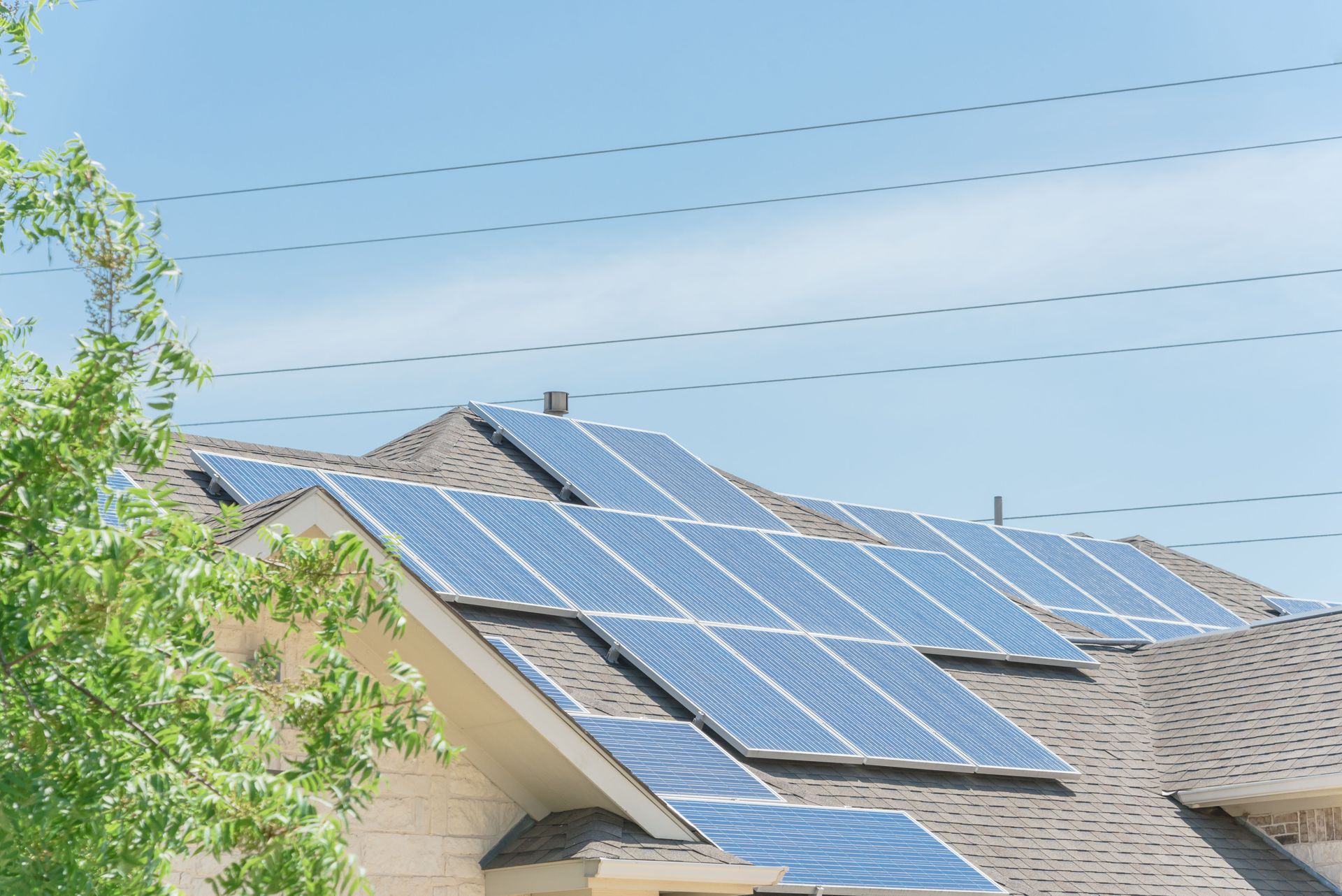
Share On: